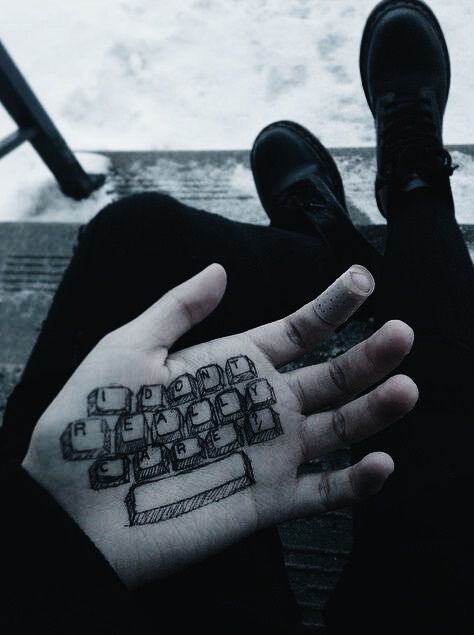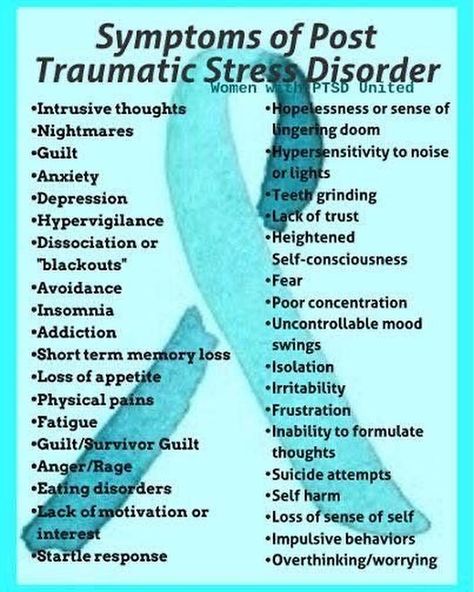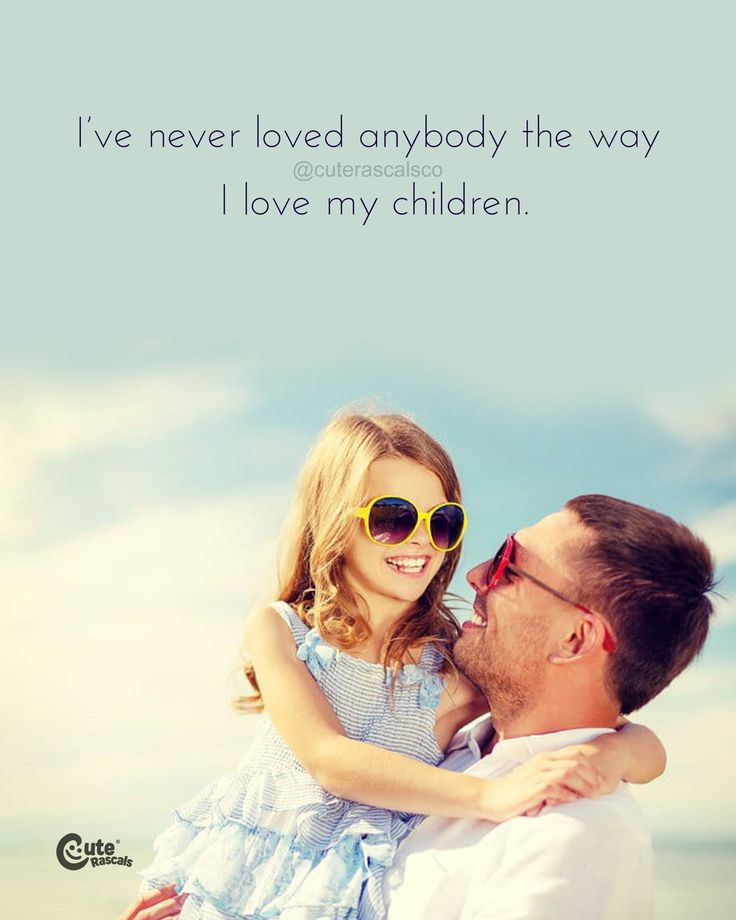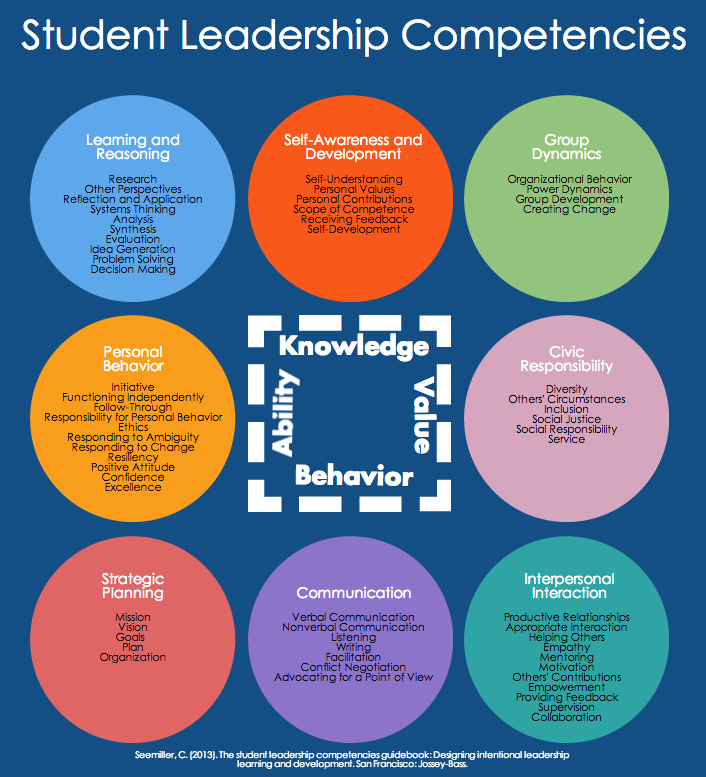Emotional abandonment in relationships
Emotional Abandonment Within the Marital Relationship
Emotional abandonment or neglect in a marriage can often result in the end of a relationship. When one or both partners pull away from the relationship to avoid conflict and convey disapproval by creating distance or by withholding attention or affection emotional neglect and abandonment are present. This pattern frequently results in one partner experiencing feelings of isolation, rejection, and lack of support.
One partner may say something like, “Whenever I try to talk to my husband or wife about my true feelings, they tell me I’m blowing things out of proportion, and then they walk out of the room, and I won’t see them for hours.”
It may be difficult to recognize emotional abandonment in the early stages of a marriage, but one of the most common signs is when an individual’s attempts at connection are ignored. It’s almost as if there’s a wall you can’t see that is blocking your path to your partner, and you can’t do anything about it.
Like us if you are enjoying this content.
When one partner in a marriage feels emotionally abandoned by the other, the partners frequently stop talking about their feelings and become unresponsive and uncommunicative.
In a marriage, what exactly does it mean to abandon someone emotionally?
In the context of a marriage, the feelings of neglect, being left out, and not being heard are collectively referred to as emotional abandonment. It occurs when one partner is so preoccupied with their own concerns that they are unable to notice the struggles, concerns, or problems their partner is experiencing.
Signs of emotional abandonment.
Here are eight signs that a husband or wife may have emotionally abandoned you in your marriage.
- You experience feelings of rejection, isolation, and/or neglect within your marriage.
- Your partner frequently gives you the cold shoulder in response to your attempts to get their attention.
- When you want to talk about something, your partner places the blame on you and pulls away from you rather than communicating their genuine feelings.
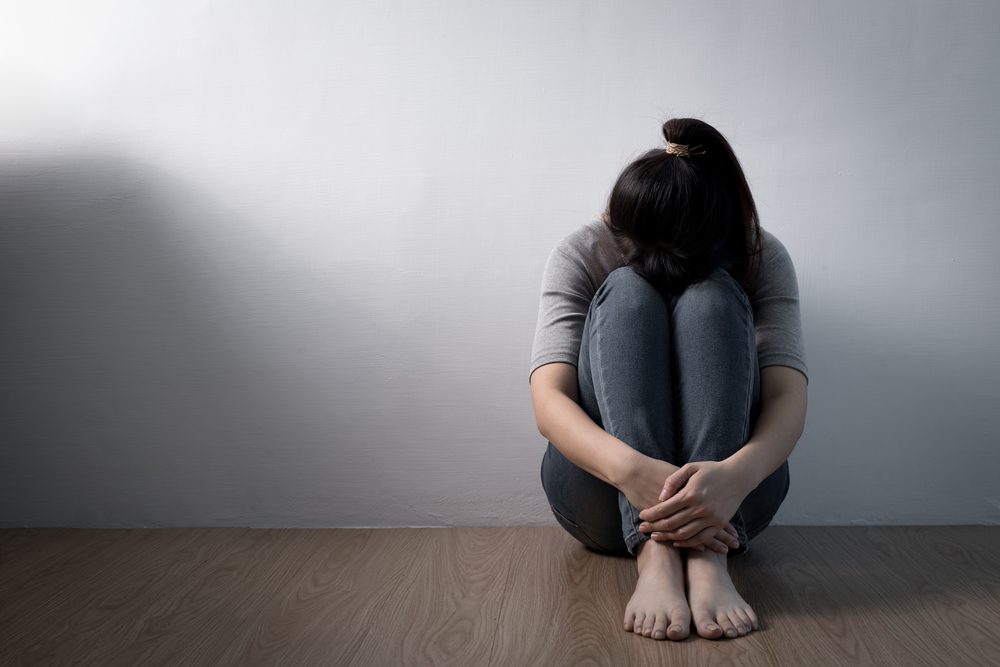
- You regularly experience your partner withholding affection, approval, or attention from you.
- You try to avoid conflict with your partner at all costs and don’t feel safe exposing your weaker sides in front of them.
- Your relationship suffers from a lack of sexual intimacy.
- You experience feelings of social isolation and rarely leave the house with your partner.
- You tend to tell other people, rather than your partner, important information because of your lack of trust in them.
Factors that contribute to emotional abandonment in married life.
An emotional affair or one that takes place outside of the marriage can sometimes be the root cause of emotional abandonment in a marriage. If your significant other starts talking about your issues with someone else again and again it opens the door for an emotional connection. Over time, this can pave the way for a profound connection beyond simple friendship.
Cathy Meyer, who specializes in relationships, says that emotional and extramarital affairs are both examples of forms of betrayal.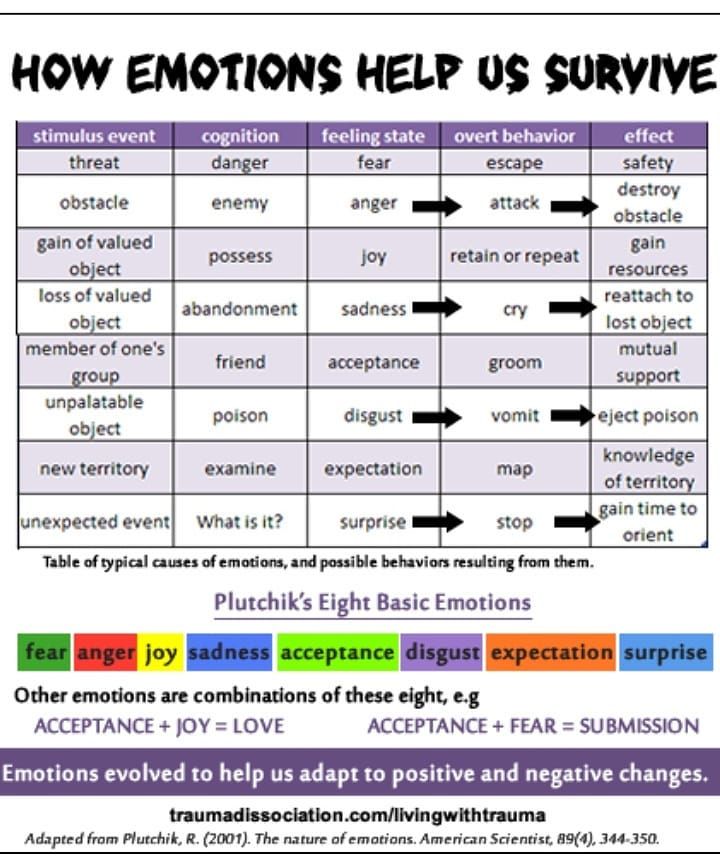 In most cases, cheating occurs when two people meet face-to-face and then engage in sexual activity with one another. Meyer says that physical contact is what differentiates a physical affair from an emotional affair.
In most cases, cheating occurs when two people meet face-to-face and then engage in sexual activity with one another. Meyer says that physical contact is what differentiates a physical affair from an emotional affair.
Sarah O’Leary, Associate Marriage and Family Therapist, explains that there are other scenarios in which the root cause of emotional abandonment or neglect in a marriage may lie deeper within the relationship. “Emotional neglect frequently results from a person’s attachment issues,” the author writes. If someone never learned how to have relationships that are supportive and healthy when they were a child or a teenager, it will be difficult for them to do so as an adult.
Counseling for those who have been emotionally neglected.
How can you and your spouse recognize the warning signs of emotional abandonment in your marriage and take steps to prevent it? Here are some possible approaches:
1. Create a channel of communication that is transparent and accessible at all times.
When your partner complains about the way you behave, you should make an effort not to take it personally. Instead, give careful attention to what they have to say to you. In addition, refrain from reacting angrily or being condescending toward them, allowing them to talk openly about their concerns without interrupting them. The next step is to respond calmly, validate their points, and express your viewpoint.
2. When you are feeling upset, face your partner and avoid withdrawing from the relationship.
Turning toward your companion and demonstrating a willingness to have a conversation are both great ways to ensure that you don’t get left behind in an important conversation. Even if you are feeling rejected or resentful, it is important to listen to their side of the story.
Simple gestures like a smile or a tap on the shoulder can go a long way in fostering connection. If you notice that your partner is walking away from you, or turning their back on you, or looking at their phone, politely ask them if they have time to talk. Make sure to turn toward one another and maintain good eye contact.
Make sure to turn toward one another and maintain good eye contact.
3. Steer clear of the pattern of pursuer-distancer.
This dynamic arises when one partner withdraws emotionally and becomes defensive, while the other partner becomes critical and assertive in their pursuit of attention.
If this is happening the pursuer needs to take a few steps back and show the evader that they should get closer to them by demonstrating empathy and understanding. This pattern has the potential to ruin a marriage, so it is important to be aware of it and to intervene as soon as possible by switching around this dynamic.
4. If your partner is stonewalling you, try to find ways to comfort yourself first.
If you feel overwhelmed or stressed, give yourself a short break. This will give you and your partner time to compose yourselves and calm down, resulting in a more meaningful conversation. Determine the length of time you intend to take off from the dialogue and write it down.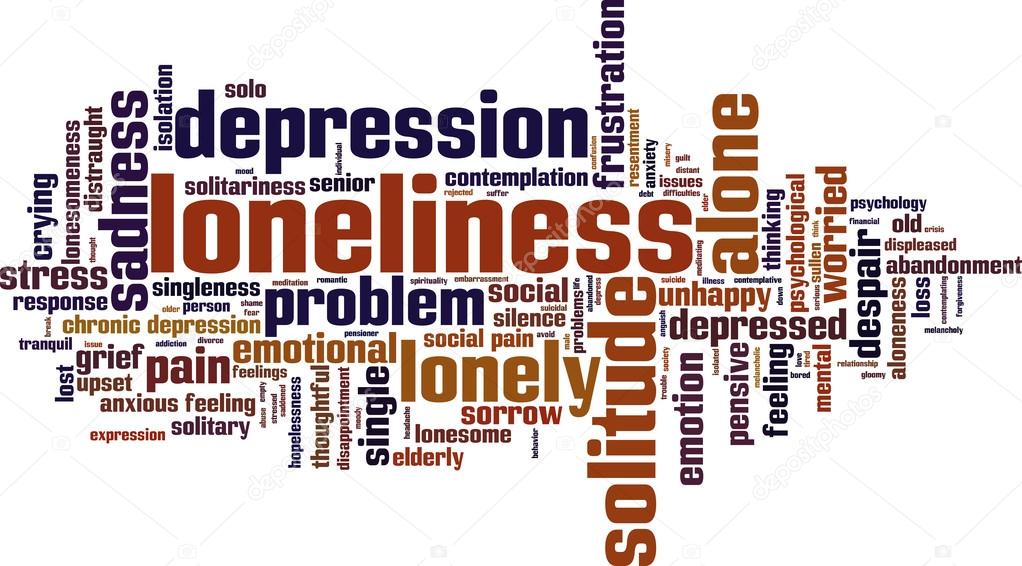
Couples typically feel less defensive after taking a break, which helps with a more expedient recovery from feelings of hurt and rejection. This allows them to return to a discussion respectfully.
5. Refrain from portraying yourself as a helpless victim.
It is essential to avoid taking the blame for what happened to you or acting like a victim if you want to get over the wounds left by emotional abandonment and move on with your life. Do not rehash the past and go over what your spouse did again and again. It’s possible that doing so will make them more defensive, which will work against your efforts to maintain healthy communication.
Conclusion
When you have gained the knowledge to recognize and steer clear of the patterns of behavior that can result in emotional abandonment in a marriage, it will be much simpler for you to communicate effectively with your spouse.
If you find that you are having difficulty, you should communicate your requirements to the other person in a constructive manner by using an “I statement.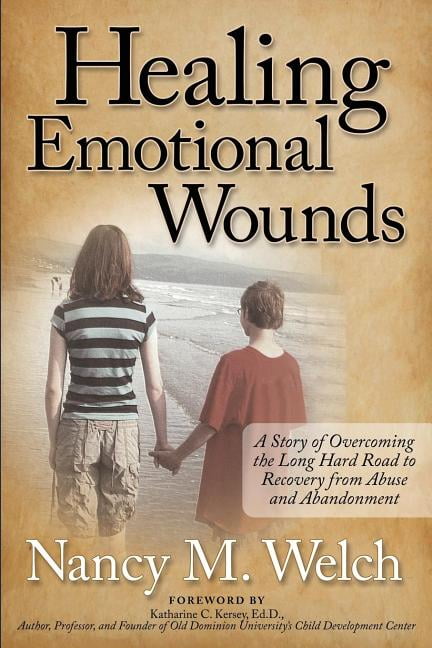 ” Instead of placing blame on them, you focus on expressing what you are feeling or experiencing.
” Instead of placing blame on them, you focus on expressing what you are feeling or experiencing.
For example, you could say something along the lines of, “I feel distant from you. It feels like you’re getting further and further away, but I really want to connect with you.” Statements like this shift from blame to expressing your thoughts.
If you remain truthful and open with your partner during times of high conflict, emotional distance, or distress, you will, over time, restore intimacy between the two of you. Get in touch with our offices and speak to a counselor that can support you in this process.
Photos:
“Old Train Car”, Courtesy of Sofia Costa, Unsplash.com, CC0 License; “Committed”, Courtesy of Zoriana Stakhniv, Unsplash.com, CC0 License; “Bride and Groom”, Courtesy of Nathan Dumlao, Unsplash.com, CC0 License; “Lonely Road”, Courtesy of Warren Wong, Unsplash.com, CC0 License
Feeling Abandoned? How to Cope When Someone Isn't Emotionally Present
How do you deal with emotional abandonment? There are ways to cope when your emotional needs have gone unmet.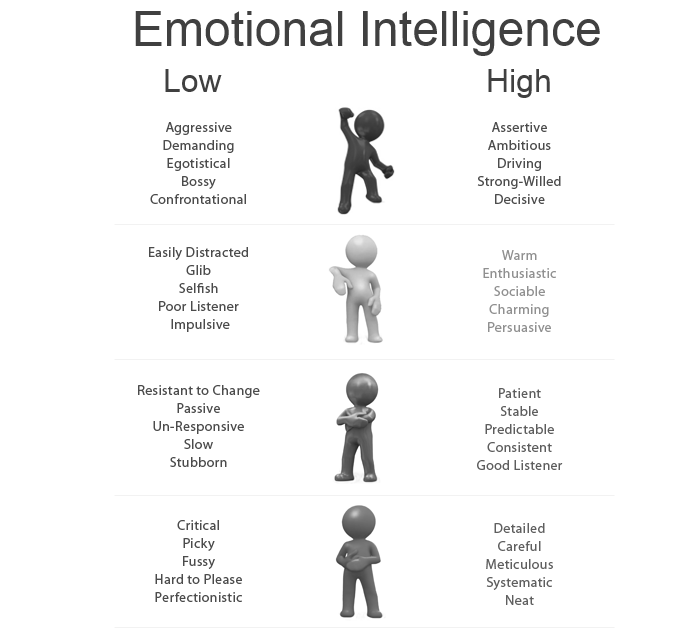
Emotional abandonment is fairly nuanced and complex. When it happens, many things may be going on — on both sides of the relationship.
Identifying the layers underlying emotional abandonment can help you cope when you feel discarded and unsupported.
Emotional abandonment is, “other people not meeting your emotional needs, leaving you feeling rejected, unloved, or painfully lonely,” explains Kibby McMahon, PhD, a clinical psychologist and co-host of the podcast “A Little Help for Our Friends.”
“Other people recognizing and responding to our emotional needs — such as comforting us when we’re sad — is essential to our well-being,” McMahon says.
So, when loved ones don’t meet those needs, it’s natural to feel abandoned, upset, or scared.
Sometimes, what might look and feel like emotional abandonment to you is actually your loved one needing space or not knowing how to help.
Sometimes, our perception might also be skewed, making us extra sensitive to feeling emotionally abandoned, even though this isn’t the case.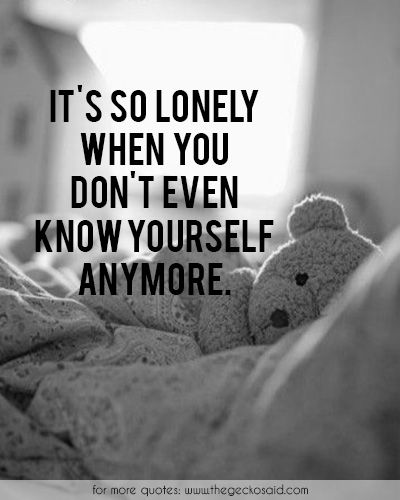
Maybe you misinterpret boundary setting as rejection, or expect people to be emotionally available all the time.
This may happen for many reasons. For example, maybe you have:
- borderline personality disorder (BPD)
- dependent personality disorder
- an anxious attachment style
Many things can lead to emotional abandonment. Everyone has a different tolerance level to what they can handle at a time. Emotional availability may feel costly to some people.
For example, people might be unable to meet your emotional needs because they’re busy with work or other responsibilities, says McMahon.
There are also multiple internal factors that may cause emotional abandonment.
We are complex human beings with different personality traits, tendencies, and histories.
According to McMahon and psychotherapist Joyce Marter, a person may be:
- uncomfortable in emotional situations
- processing their own feelings around a similar experience
- facing fears your relationship will change negatively
- unsure about how to show love in the way you need
- not equipped to provide the support you need
Mental health conditions can also lead someone to be unavailable.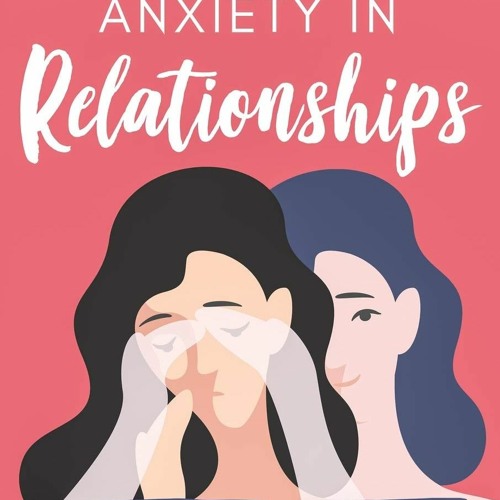 This could be because they’re dealing with difficult symptoms, or they inherently have low empathy and can’t put themselves in your position.
This could be because they’re dealing with difficult symptoms, or they inherently have low empathy and can’t put themselves in your position.
Some examples, according to Marter, include:
- substance use disorder
- anxiety disorders
- depression
- a personality disorder, such as narcissistic personality disorder or borderline personality disorder
- trauma
Your loved one might be going through a hard time for other reasons, says Marter. For example:
- financial challenges
- job insecurity
- relationship conflicts with someone else
- fear of commitment
Lastly, keep in mind that “staying emotionally connected is a two-way street,” says McMahon.
Although you’re not responsible for someone else’s emotional health, it’s possible that some of your actions can explain what you perceive as emotional unavailability. For example:
- not openly expressing your emotions, and assuming your loved one should just know what you feel or need
- dismissing genuine attempts to connect by pushing the person away or criticizing them
- having a hard time understanding relationship boundaries
One of the first steps to exploring emotional abandonment in your relationship can be a conversation.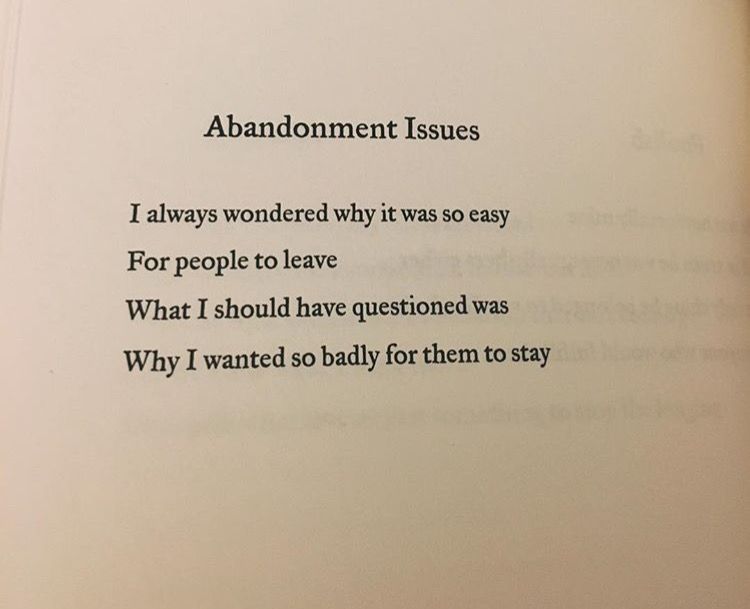
If you’d like to talk with your loved one about them not meeting your emotional needs, it may help to plan what you’d like to say and wait until you’re feeling calm.
It may also be a good idea to have no expectations and be ready to accept any outcome. If the person really is emotionally unavailable, they may dismiss what you say.
Here are a few pointers:
Pinpoint your objective
Both McMahon and Marter emphasize the importance of identifying something specific and concrete you’d like the person to do differently. This way, they’re not trying to guess your needs, and you’re on the same page.
For example, you might say:
- “I’d like us to check in with each other every day.”
- “I need you to respond when I’m speaking to you, even if it’s to say you’re not sure what to say.”
- “When I’m crying, I’d like a hug.”
Be a team player
Think of your loved one as a teammate you’re collaborating with, says McMahon.
As such, try to express empathy and be compassionate.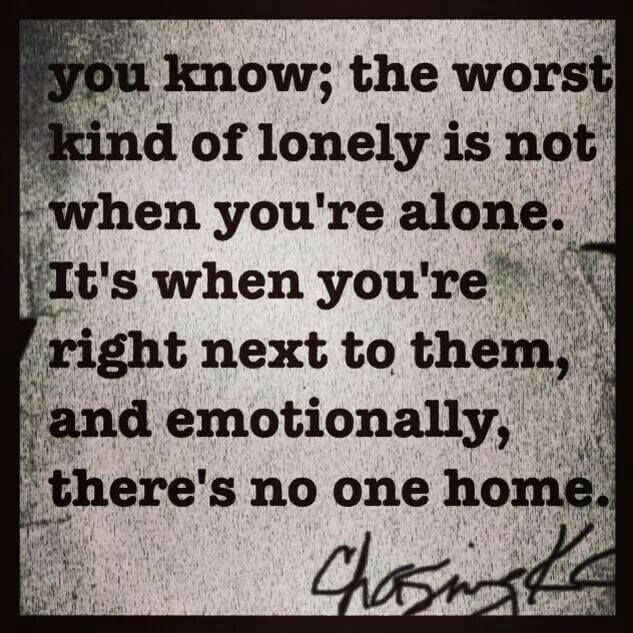 Doing so decreases the chances of the other person being defensive, and promotes a more productive conversation.
Doing so decreases the chances of the other person being defensive, and promotes a more productive conversation.
For example, if your partner is currently stressed out, you might say, “I realize this is a difficult time for you, and you’re probably feeling pulled in many different directions.”
Or, if they’re uncomfortable with big emotions, you might try, “I know this is overwhelming for you, and you don’t mean to hurt me. But when you walk out of the room, it makes me feel alone. Can you give me a hug instead?”
Make sure you’re calm
It’s hard to be thoughtful and compassionate when you’re fuming. To have a productive talk, it’s best to be calm and collected. If you’re not, try:
- closing your eyes
- taking deep breaths
- giving yourself 10 to 20 minutes of quiet time
- practicing some grounding exercises
Express softer emotions
“[E]xpress your more vulnerable, ‘softer’ emotions, such as hurt, fear, and sadness instead of anger or disgust,” McMahon recommends.
When you express your emotional pain, you’re not only being honest and authentic, you’re encouraging the other person to share their vulnerability, too.
Use ‘I’ versus ‘you’
This is another way to approach your conversation with compassion and honesty. While it might seem obvious that offending your loved one isn’t helpful, it’s easier said than done.
So, try to lead with your feelings versus assumptions about the other person’s thoughts, feelings, or behavior.
As Marter says, try “I’m feeling sad that we haven’t spoken, and I miss you.”
Welcome their perspective
Remember that this is a back-and-forth conversation. Consider letting your loved one share their thoughts and feelings, and listen intently to what they have to say.
Maybe they’ll mention that when you’re upset, you give off signs that you’d like to be alone. So, in their mind, they’re giving you the space you’re needing.
Before rejecting what they say, try to pause and consider that one situation can be perceived many ways by different people.
Get out of the weeds
“When in conflict, many of us get caught up in the tiny details of what was said or how it was said, or of a certain behavior or action,” Marter says.
But focusing on the minutia can prevent you from seeing the bigger picture.
If issues keep arising, consider them as symptoms of a larger relationship challenge, Marter says, such as:
- a breakdown of trust
- emotional or spiritual disconnection
There’s the possibility that the other person may not respond as you wish or need.
While facing emotional abandonment may be difficult, you can still cope by taking good care of yourself.
Consider these tips to emotionally and physically invest in yourself:
Engage in something deeply relaxing
Creating inner calm can help you feel better, which you can do with relatively simple practices.
For example, according to one 2018 research review, slowed breathing may trigger the parasympathetic nervous system and lead to increased relaxation, comfort, and positive energy. It may also help decrease anxiety and anger outbursts.
It may also help decrease anxiety and anger outbursts.
You can try these deep breathing practices.
According to Marter, other soothing options include:
- meditation
- yoga
- connecting with nature
In sum, anything you enjoy can become a relaxing experience that may help you reset emotionally.
Practice self-compassion
Consider acknowledging and accepting how you’re feeling. Even if there’s plenty of valid reasons your loved one didn’t meet your emotional needs, it’s still upsetting. And you’re allowed to feel hurt and frustrated.
Try to give yourself the same empathy and kindness you’d give to someone you love very much, says Marter.
“Choose to be your most compassionate friend, rather than your worst critic,” she says.
Research has found that self-compassion is associated with many benefits, including:
- happiness
- positive mental health
- positive physical health
It may also be a good idea to remember that someone’s emotional abandonment doesn’t say anything about you.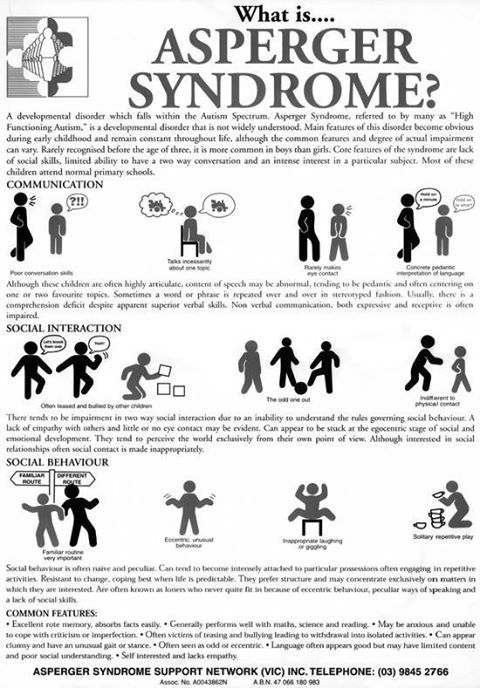
If you’re in need of some support, turn to someone else who’s demonstrated they’re capable of providing it.
The key is to be clear with them about those needs. According to Marter, this can be as simple as asking someone to listen to you vent.
Explore unhealthy patterns
If you feel emotionally abandoned in a lot of your relationships, take a deeper dive into what else could be going on.
You might explore these questions on your own or, ideally, with a trained therapist, says McMahon:
- Are you surrounding yourself with emotionally unavailable people?
- Are you acting in ways that push people away?
- Are you assuming that everyone emotionally abandons you because of a previous trauma?
- Do you face the same types of challenges in all of your relationships?
Assess the future of your relationship
In some cases, the best way to handle emotional abandonment is to step away from that person.
If you realize that, despite your attempts, they’re still not responding emotionally to you or you’re in a toxic relationship, it may be a good idea to part ways.
Here’s how you can let go in a healthy way.
Feeling abandoned by someone you care about may lead you to feel overwhelmed, confused, and devastated.
In some cases, someone may temporarily not be available to you because they’re dealing with their own emotions. In other instances, emotional abandonment may be caused by more complex processes.
In either case, you deserve to be loved and supported. If you express how you feel but get no response, it may be time to move to a more fulfilling relationship.
If you’re having a hard time dealing with someone’s emotional distance, consider finding professional help.
I don't trust anyone: what is the trauma of rejection and how to get rid of it
Emotional coldness of parents traumatizes the child. In adult life, this trauma prevents a person from building close relationships with others.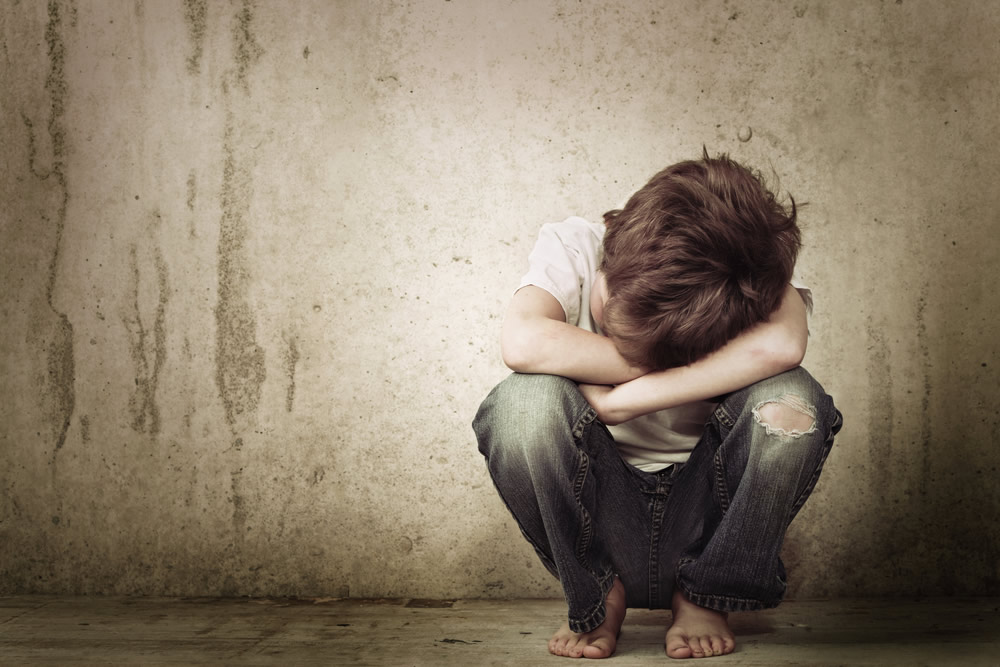 People with the trauma of rejection told Snob what they had to go through in childhood and how their distrust of the world spoils their lives, and psychologists told how to live through negative feelings, forgive parents and learn to love in order to heal.
People with the trauma of rejection told Snob what they had to go through in childhood and how their distrust of the world spoils their lives, and psychologists told how to live through negative feelings, forgive parents and learn to love in order to heal.
"I can't build healthy relationships with people": A nna, 31
My dad is neurotic and tough, and my mom is withdrawn and emotionally cold. They both had a difficult relationship with their parents. Dad was tyrannized and humiliated by her parents up to 20 years old. Mom did not know affection and love at all: her parents drank and fought, her mother beat. When my mother was eight years old, her mother was stabbed to death in a drunken fight. Grandfather got married, and the stepmother also beat mother. Then my mother lived with her aunts for a long time and was left to her own devices.
I grew up under hypercontrol. Dad beat me as a punishment for misdeeds, and mom never interceded. A couple of times I ran away from home, then came back and got more. I tried to be a good girl until at some point I didn't care if I was punished or not. I just did what I thought was right and got paid for it. It didn't stop me. As an adult, I moved out from my parents. They had outgrown their own traumas a little, and at a distance I received more warmth from them.
A couple of times I ran away from home, then came back and got more. I tried to be a good girl until at some point I didn't care if I was punished or not. I just did what I thought was right and got paid for it. It didn't stop me. As an adult, I moved out from my parents. They had outgrown their own traumas a little, and at a distance I received more warmth from them.
Pain and resentment towards my parents still lived in my soul, but over time these feelings were forced out: every time I was rejected or criticized, I understood that I should be unpleasant, but I did not feel anything. Two and a half years ago, I started having panic attacks, and I went to see a psychologist. We began to delve into my past and work through the traumas. On the instructions of the psychologist, I decided to talk to my parents. I don't remember exactly how I started the conversation. She said that our relationship was not easy and it is extremely important for me to hear from them that they love me. Parents said this, cried a little bit.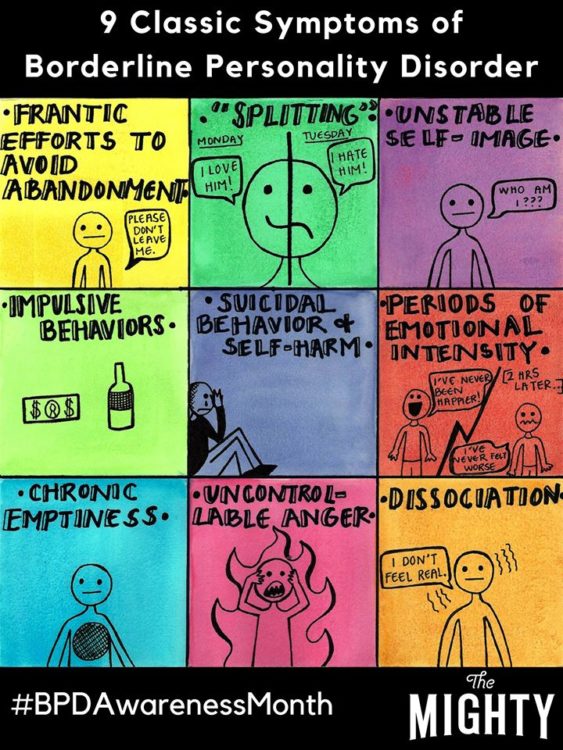 For a while, I felt better: for a month or two I walked joyfully, and then everything returned to normal. The resentment hasn't gone anywhere. Now I hardly communicate with my parents: from time to time I call my mother, but I have not come to my parents' house for a long time.
For a while, I felt better: for a month or two I walked joyfully, and then everything returned to normal. The resentment hasn't gone anywhere. Now I hardly communicate with my parents: from time to time I call my mother, but I have not come to my parents' house for a long time.
I don't know how to build normal healthy relationships with people. Their warm attitude towards me scares me. I don’t trust anyone, I think that they want to deceive me or they just treat me well out of politeness, and I also politely keep my distance, not telling anyone anything about myself. I stopped talking about my feelings with my husband because it's useless. Any marriage, in my opinion, is doomed to the fading of love and tenderness in it. I'm disappointed in relationships and I'm not looking for them. When I recently fell in love, I simply drove away the feelings as unnecessary, realizing that everything would end and I would be hurt. I'd rather be hurt now than later, when things have gone too far.
Now I am in a transition period: I am learning to open up and trust people again, but this is very difficult for me. Behind the trauma of rejection lies a deep lack of love, but without experiencing the emotions that accompanied this trauma, it is impossible to heal. This is not a deliverance, but a new experience. And I'm in the process.
Irina Kutyanova, psychologist at the Pechatniki family center:
Anna's story clearly shows a negative family scenario, when abuse and lack of love are repeated from generation to generation. An emotionally cold mother does not give enough warmth and love to her child, and in his adult life, in some stressful situations (quarrel with a partner, criticism of colleagues, etc.), the trauma of rejection is activated. Gradually, a person comes to the conclusion: "It's not me that you don't need, it's you that I don't need." He, fearing pain and disappointment, nip in the bud positive feelings for other people and does not believe in the sincerity of such feelings towards himself.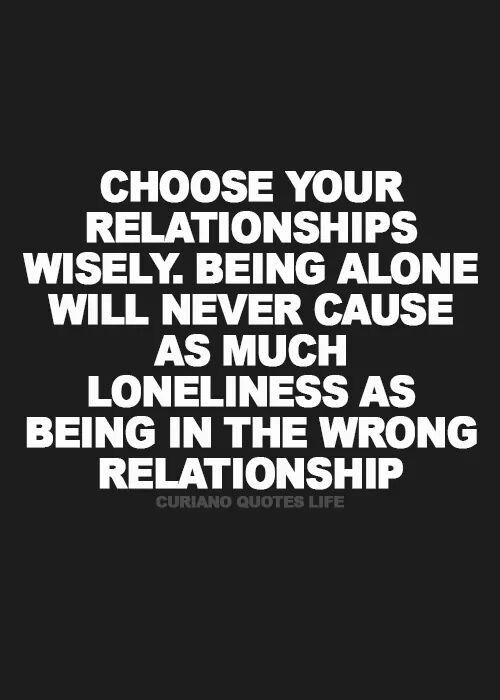
Although Anna understands that her parents were simply not taught to love by their own parents and that they raised her as best they could, she cannot forgive them, and therefore, be free. You need to live through your negative emotions in relation to your parents, accept part of their experience and close the situation for yourself. This can be done both in a group and alone, under the supervision of a specialist, using, for example, the “empty chair” technique. You need to imagine that a person who offended you is sitting on a chair in front of you, and express all your grievances to him. Then sit on a chair and respond to these grievances from the position of the opponent, playing his role. Thus, the dialogue is reconstructed and the deepest and most taboo feelings are worked out.
It is often difficult for a person to express his or her thoughts because of the overwhelming emotions. In this case, you can write down all your grievances in a letter (you don’t even need to send it). It is important that the letter ends with forgiveness. Resentment, even just, destroys the one who is offended. Unprocessed negative feelings that a person accumulates in himself and does not want to let go can develop into psychosomatic diseases. In striving for forgiveness, a person should think first of all about himself and his health.
It is important that the letter ends with forgiveness. Resentment, even just, destroys the one who is offended. Unprocessed negative feelings that a person accumulates in himself and does not want to let go can develop into psychosomatic diseases. In striving for forgiveness, a person should think first of all about himself and his health.
A person with the trauma of rejection does not know how to love. In order to unfreeze this feeling and cultivate it in yourself, you need to selflessly do good deeds. You can start small: for example, say a kind word to a passerby, help an elderly neighbor carry a heavy bag. You can get a job as a volunteer in a shelter. When a person does something selflessly and receives sincere gratitude and positive emotions in return, he gradually learns to love and fills himself with this love.
“I am always afraid that they will drive me away and call me worthless”: Olga, 35 years old
Since childhood, I have felt my uselessness and unimportance. Coming home from work, my father immediately went for a walk with me. Mother later told me that I often cried, screamed and interfered with his relatives, with whom we lived, and therefore he walked with me a lot. I grew up as a very active child, I always gathered around me children from the nearest yards. At the age of four, my younger sister was already left behind. At the same time, I constantly heard from my parents: “don’t interfere,” “be quieter,” “move away,” or “do something already.” At the age of five, as a punishment for some misconduct, my parents threatened to send me to an orphanage. In the evening, my father put a fur coat on me and said: “We have another girl, but we don’t need this one. We will give you to an orphanage." The mother sat next to her younger sister to confirm his words. I was very scared, asked for forgiveness and promised to be good and obedient.
Coming home from work, my father immediately went for a walk with me. Mother later told me that I often cried, screamed and interfered with his relatives, with whom we lived, and therefore he walked with me a lot. I grew up as a very active child, I always gathered around me children from the nearest yards. At the age of four, my younger sister was already left behind. At the same time, I constantly heard from my parents: “don’t interfere,” “be quieter,” “move away,” or “do something already.” At the age of five, as a punishment for some misconduct, my parents threatened to send me to an orphanage. In the evening, my father put a fur coat on me and said: “We have another girl, but we don’t need this one. We will give you to an orphanage." The mother sat next to her younger sister to confirm his words. I was very scared, asked for forgiveness and promised to be good and obedient.
At school, I was active and participated in everything possible, until the moment they introduced an experimental curriculum. I was in the sixth grade, and the teachers decided that our class could not cope, they considered it lagging behind. This hit my mother's pride, and she transferred me to another class. New classmates did not accept me: for a couple of years they reminded me that I was from a lagging class and there I belonged, although I had normal academic performance. Then my former classmates also rejected me. One of them asked me why I transferred to another class. I answered the same as the teachers said: “The class is weak, it won’t cope with the program” - and they turned away from me. I was left alone, without friends. I really wanted to communicate, and I tried in every possible way to deserve it. I adapted to others: with very smart ones I made a fool out of myself, with tears I was a jerk. If she managed to make friends with someone, she behaved in a way that was convenient for this person, being afraid to be alone again.
I was in the sixth grade, and the teachers decided that our class could not cope, they considered it lagging behind. This hit my mother's pride, and she transferred me to another class. New classmates did not accept me: for a couple of years they reminded me that I was from a lagging class and there I belonged, although I had normal academic performance. Then my former classmates also rejected me. One of them asked me why I transferred to another class. I answered the same as the teachers said: “The class is weak, it won’t cope with the program” - and they turned away from me. I was left alone, without friends. I really wanted to communicate, and I tried in every possible way to deserve it. I adapted to others: with very smart ones I made a fool out of myself, with tears I was a jerk. If she managed to make friends with someone, she behaved in a way that was convenient for this person, being afraid to be alone again.
There was no support from my parents - my feelings never bothered them. They never once said that they love me, they never hugged me. In my family, it was generally not customary to talk about feelings. I had only to bring good grades and not think about anything else. At the same time, I was always told that I can’t do anything, I can’t, I’m not capable of anything. Mother said that no one would need me and no one would love me. She was often told that such an energetic girl should be given, for example, to dances (I was not opposed, but who was interested in my desires?), But she perceived it differently: she is taught how to curb a child who is too much, so I should become inconspicuous. Mother was always ashamed of me, and these conversations about me were unbearable to her. If suddenly she was told something bad about me or I did something that she didn’t like (and she didn’t like 95% of what I do), she said that it would be better if she killed me in the womb and that she cursed my birthday. Often this was accompanied by beatings, punishments (for example, a month without walks) and prolonged neglect.
They never once said that they love me, they never hugged me. In my family, it was generally not customary to talk about feelings. I had only to bring good grades and not think about anything else. At the same time, I was always told that I can’t do anything, I can’t, I’m not capable of anything. Mother said that no one would need me and no one would love me. She was often told that such an energetic girl should be given, for example, to dances (I was not opposed, but who was interested in my desires?), But she perceived it differently: she is taught how to curb a child who is too much, so I should become inconspicuous. Mother was always ashamed of me, and these conversations about me were unbearable to her. If suddenly she was told something bad about me or I did something that she didn’t like (and she didn’t like 95% of what I do), she said that it would be better if she killed me in the womb and that she cursed my birthday. Often this was accompanied by beatings, punishments (for example, a month without walks) and prolonged neglect.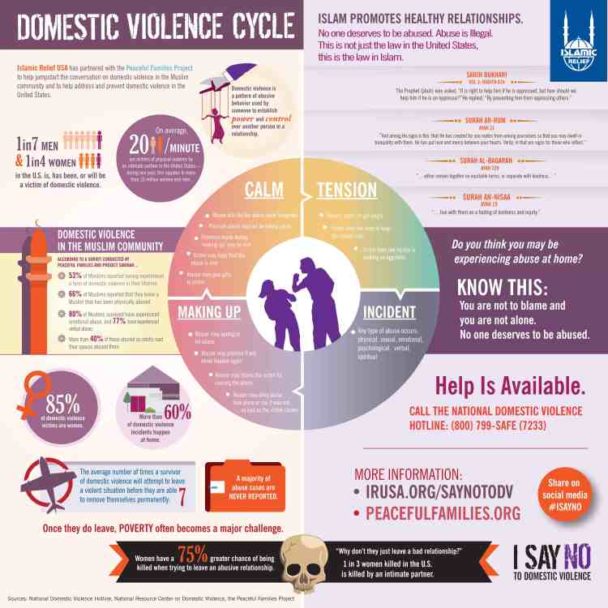 Father did not interfere and did not protect me. He always told me to be patient and be quiet. After some time, my parents separated, and my father almost disappeared from my life. Once, when my mother brought me down, I asked: “Did you really want me?” She laughed and replied, “No. Your father and I were just fucking under the fence."
Father did not interfere and did not protect me. He always told me to be patient and be quiet. After some time, my parents separated, and my father almost disappeared from my life. Once, when my mother brought me down, I asked: “Did you really want me?” She laughed and replied, “No. Your father and I were just fucking under the fence."
In my adult life, all this resulted in the fact that it is very difficult for me to enter into relationships with people - this applies to work, and friendship, and personal relationships. I am looking for someone who will love and accept me, and I am always afraid that they will drive me away, they will say that I am worthless. I am waiting for an assessment, confirmation that I can be / live, that they will tell me: "I need you, you do not interfere, you suit me." I always think I'm not doing enough or not good enough. Previously, I couldn’t take and demand my own, enter into a conflict. I was afraid to express my opinion, because in childhood I heard from my mother: “Who are you? You have to listen to others who are more important, smarter and better.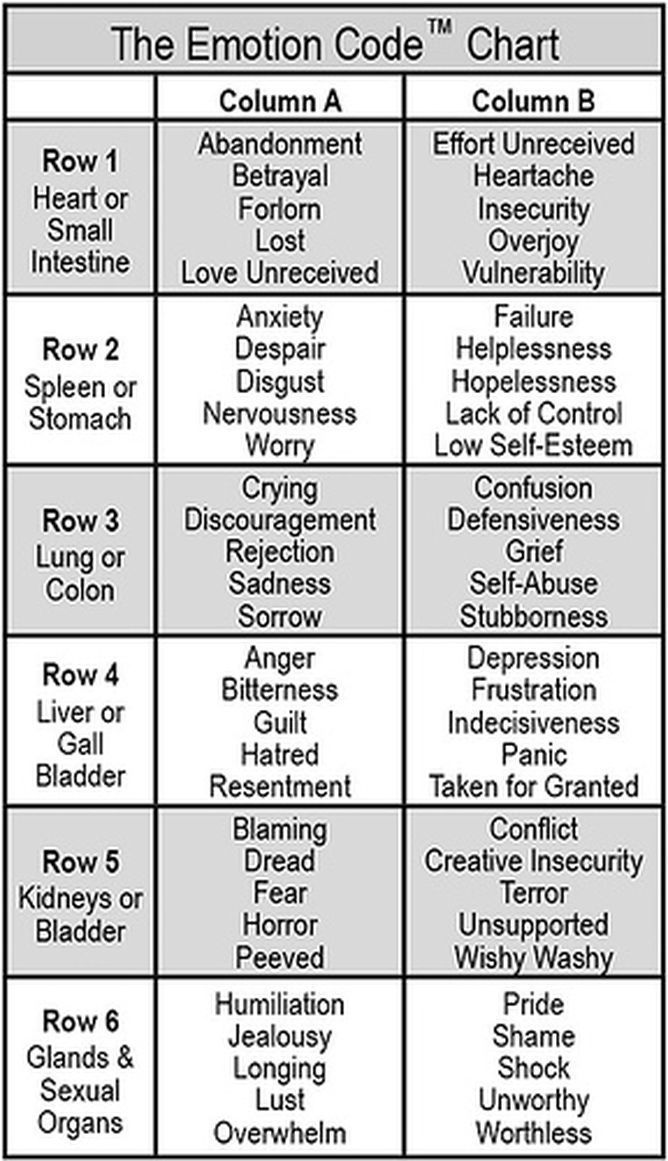 " I could endure dissatisfaction for a long time, and then it turned into tantrums.
" I could endure dissatisfaction for a long time, and then it turned into tantrums.
I used to fall for any man who looked at me, and I was taken advantage of. Once, in an attempt to escape from my mother, I almost got married. This man and I constantly fought, as is usually the case in codependent couples. He was drinking. By coincidence, the wedding had to be cancelled. In the end, we, fortunately, broke up. Now I just avoid relationships.
Now I live with my mother, but we do not communicate. Father doesn't call. Once every six months, I run to him for five minutes for tea. We don’t talk much: he doesn’t need the details of my life, and I gradually stop looking for his care and protection.
A person who has had a lot of abuse in his life believes in his uselessness and worthlessness for a long time. But when I decided to work on it, I began to meet people who showed me that they needed me and did not interfere, and one of them led me to a psychologist. Now, in addition to psychotherapy, I am engaged in spiritual practices and receive a psychological education. I have no illusions that I will forever get rid of the trauma of rejection. It is too deep in me and I think it happened in the perinatal period. I am glad that I can track it, I know how it manifests itself. I learned to live with her and give people the right to choose not me and not take it personally. I learned to say to myself: "I am always with you, I love you, I need you, you are the most precious thing I have, and I will not leave you."
I have no illusions that I will forever get rid of the trauma of rejection. It is too deep in me and I think it happened in the perinatal period. I am glad that I can track it, I know how it manifests itself. I learned to live with her and give people the right to choose not me and not take it personally. I learned to say to myself: "I am always with you, I love you, I need you, you are the most precious thing I have, and I will not leave you."
Elena Shokhina, psychologist of the Zelenograd Family Center:
Rejection manifests itself in the parent's insensitivity to the child's emotional needs. It can be explicit, as in Olga's story, or hidden. Often rejection is passed down from generation to generation as a form of interaction. For example, in the post-war years, parents had no time to tell their children that they were needed and loved. Growing up, children perceived this as the norm and unconsciously treated their children in the same way.
Olga's story is very traumatic — she was rejected by both parents: her mother was more aggressive, used physical and emotional abuse, while her father preferred not to interfere. What affected Olga more is another question, because the girl takes her father's behavior as a model of a male relationship with herself. Perhaps Olga will be looking for a man or has already tried to build a relationship with a man who ignored her, like her father.
Olga's father and mother fueled a widespread childhood fear of being unloved by their parents by threatening to send her to an orphanage. And she developed a defense mechanism: "If the world does not need me the way I am, I will be the way others want me to be." This is victim behavior. That is, the trauma split the child's personality. The task of the psychologist is to collect this personality: to help that little Olya grow up with her desires and needs - to live out her desires and become a support for herself.
In addition to rejection, Olga also faced parentification — a situation where parents force a child to grow up early and shift their responsibilities onto him.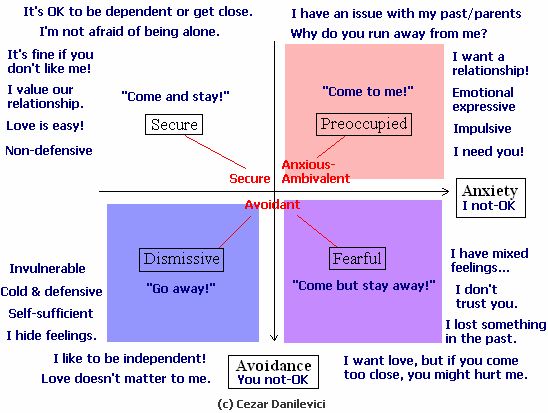 In general, four or five years is a significant age for the formation of the child's psyche and the future fate of a person. A favorable family system is able to unlock the potential of a child and become a good springboard in life, while an unfavorable one can cripple.
In general, four or five years is a significant age for the formation of the child's psyche and the future fate of a person. A favorable family system is able to unlock the potential of a child and become a good springboard in life, while an unfavorable one can cripple.
It is almost impossible to work through such an injury on your own. One of the functions of a parent is to give the child basic trust in the world, the feeling that he is loved and everything will work out for him. A child deprived of this, having matured, does not know what he is capable of and what he can do. Therefore, it will require long and painstaking work with a psychologist. His task is to help an adult person accept everything that happened in his childhood and let go of resentment, which burns a huge amount of internal energy and does not allow a person to move on. The psychologist will also help the person express their aggressive emotions. When a child was offended and scared, he could not express this to his parents. But now, having become an adult, he not only can, but must throw out emotions that destroy him from the inside, and then tell his to the inner child : “Whatever happens, I am with you. I love you and will always support you." What Olga does.
But now, having become an adult, he not only can, but must throw out emotions that destroy him from the inside, and then tell his to the inner child : “Whatever happens, I am with you. I love you and will always support you." What Olga does.
“I used to put my mother before myself, husband and children”: Anna, 34 years old
Mom raised me alone. Being pregnant with me, she freaked out and left my father, but he did not return her. His mother quickly found him a young bride and convinced me that I was "working up". I was born in July, and my father got married in October of the same year.
Mom had many friends who often came to visit. I always rejoiced at the crowd of people in the house, I really liked to communicate with people - I could chat anyone. I was a very active child. My mother inspired me that I was negligent, clumsy, sloppy and inattentive. She constantly set my cousin as an example to me.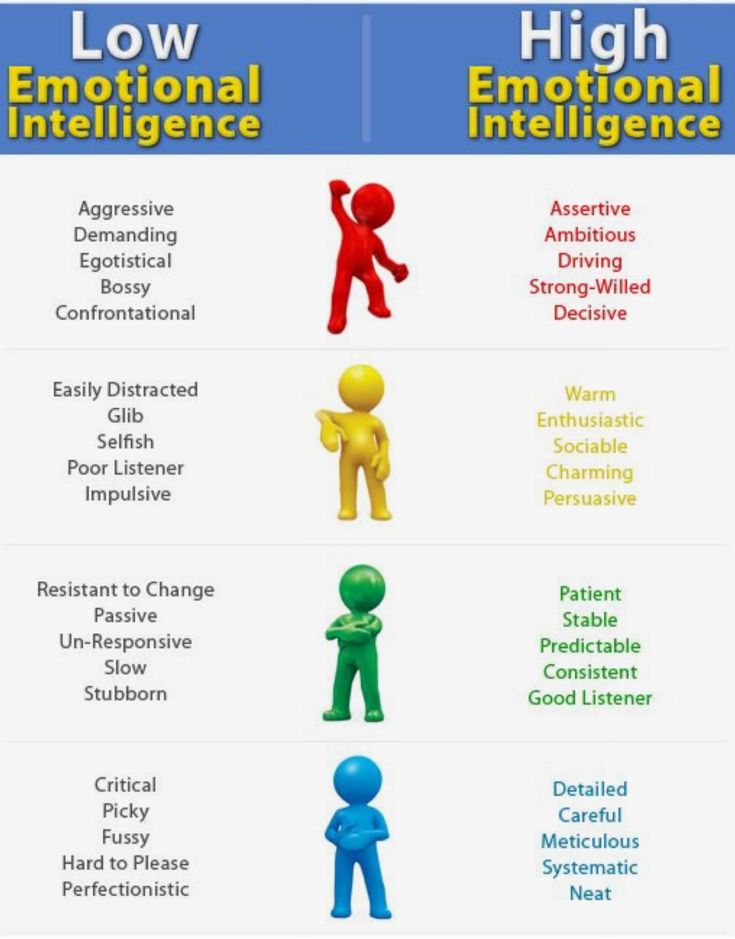 For example, that she carefully wears things, and things literally burn on me, I quickly wear them out. There were dark days when I did something not to my mother's liking: I snapped in response to her criticism or broke something. She never beat me, but she yelled so that the walls shook. Sometimes she threatened to hand me over to an orphanage or said that she would get sick from my behavior and I would definitely get there. If at that moment one of her friends called her or guests came, she immediately changed her tone and became joyful. I hoped that she had moved away, but when we were alone, my mother usually spoke to me through her teeth again in an orderly tone, harshly and firmly, or she could ignore me and be silent for a long time. I tried to resolve the situation, to please my mother, but everything was useless. As a teenager, I didn’t even want to go home on such days. But I was afraid for her health, I was afraid of losing her, and therefore I did not make her worry and always returned.
For example, that she carefully wears things, and things literally burn on me, I quickly wear them out. There were dark days when I did something not to my mother's liking: I snapped in response to her criticism or broke something. She never beat me, but she yelled so that the walls shook. Sometimes she threatened to hand me over to an orphanage or said that she would get sick from my behavior and I would definitely get there. If at that moment one of her friends called her or guests came, she immediately changed her tone and became joyful. I hoped that she had moved away, but when we were alone, my mother usually spoke to me through her teeth again in an orderly tone, harshly and firmly, or she could ignore me and be silent for a long time. I tried to resolve the situation, to please my mother, but everything was useless. As a teenager, I didn’t even want to go home on such days. But I was afraid for her health, I was afraid of losing her, and therefore I did not make her worry and always returned.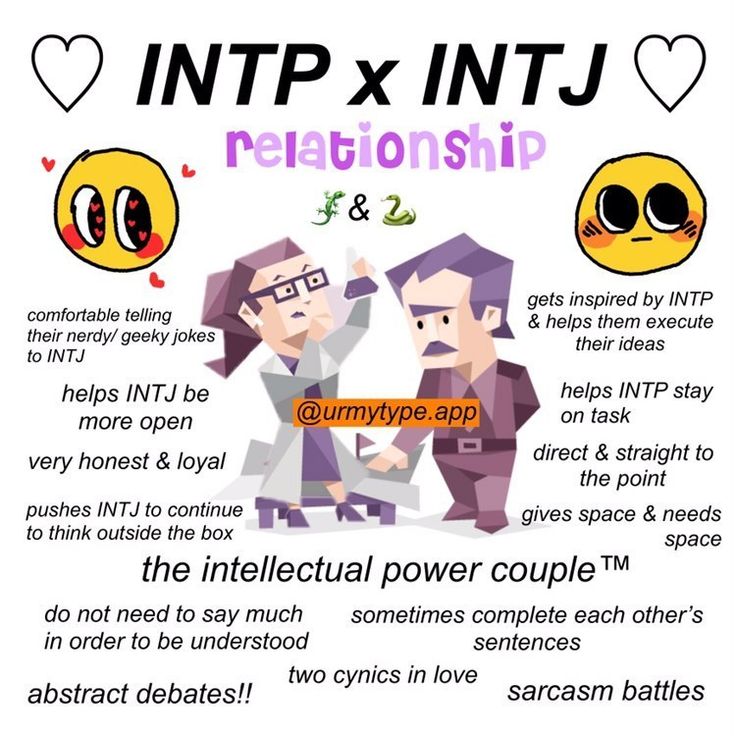 (Until now, if I’m going somewhere, I need to call her back that I’ve arrived, even if I’m going to the doctor or to work.) Mom took great care of me, and I had a fear that only the two of us would survive, although my mother’s relatives, to whom we often traveled, we were loved and accepted. At the same time, I never doubted that my mother loved me. I don’t remember her talking about it directly, but I knew that she loved.
(Until now, if I’m going somewhere, I need to call her back that I’ve arrived, even if I’m going to the doctor or to work.) Mom took great care of me, and I had a fear that only the two of us would survive, although my mother’s relatives, to whom we often traveled, we were loved and accepted. At the same time, I never doubted that my mother loved me. I don’t remember her talking about it directly, but I knew that she loved.
At school, I had a difficult relationship with the class. I didn’t want to be an outcast, but I wasn’t going to adapt to the leaders either, so I hung out alone, taking newcomers under my wing so as not to be alone. I had one friend who spoiled my life for ten years of school. I was afraid to be alone and talked with her for a long time until she set me up in the seventh grade. Then I realized that the world is cruel and you can't trust anyone. Since then, I do not trust anyone and suspect everyone. I don't even trust my husband. If he goes to another, it will be a blow, I will be crushed, but I will not be surprised. There was a time when I adjusted to people, now I have become straighter. Many appreciate me for this quality.
There was a time when I adjusted to people, now I have become straighter. Many appreciate me for this quality.
Four years ago, I began to separate psychologically from my mother, with whom I continue to live under the same roof. Only by the age of 30 did I realize that it was not normal to consider my mother more important than my husband, children and myself. Before, I was ready to move mountains for the sake of her good mood. Just then, my mother began an open conflict with my husband. She turned all the facts in her favor, and I began to think. I had a rather long period of anger at my mother. I blamed her for everything, it was even scary that I could think so badly of her. The feeling of guilt for these thoughts was replaced by even greater anger because I forbade myself to think so. I read many articles about separation, saw pictures from my life and got angry at my mother again. Then, after some time, I suddenly realized that at that moment she gave me everything she had, and behaved with me so not from evil.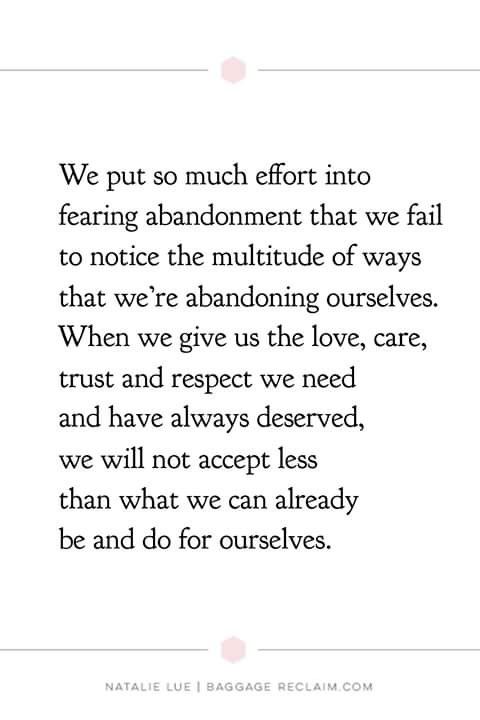 It's just that she raised me alone, and she didn't have time to immerse herself in psychology. I managed to look at our relationship from the side.
It's just that she raised me alone, and she didn't have time to immerse herself in psychology. I managed to look at our relationship from the side.
Later, I looked at myself as a mother, analyzed my mistakes. I found out that I, like my children, have Attention Deficit Hyperactivity Disorder (ADHD). It became easier for me to accept my imperfections and not scold children for the same manifestations of ADHD. They, just like I once did, drop, spill or break something, are easily distracted and do not notice the flow of time. I am glad that my children know exactly what they want and are not afraid to say what they think. I don't try to manipulate them by ignoring them, cursing and getting angry for five to ten minutes, then we make up. I learned to listen to myself: if there is a stone in my heart, it means that I am doing something wrong and I need to stop. I do not consider myself an ideal mother, I know that my children will find something to complain about to their psychologists.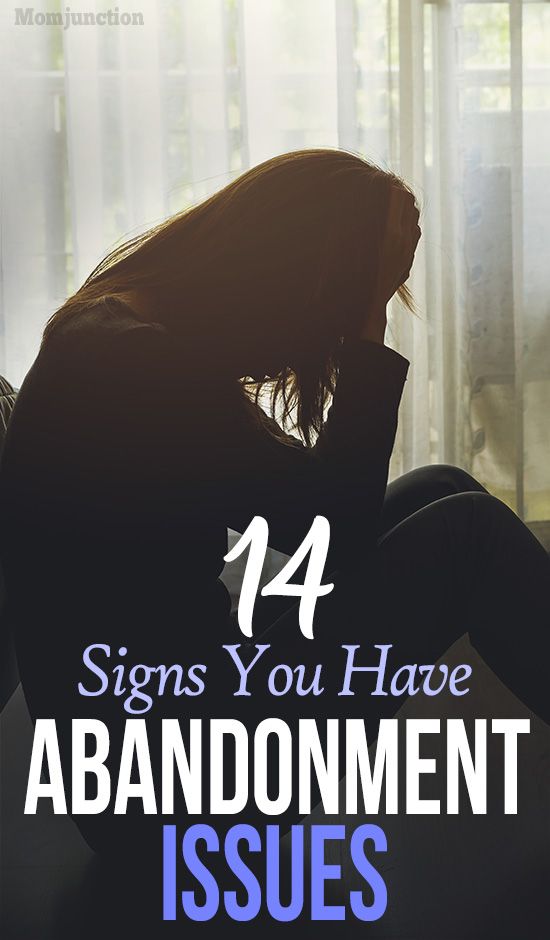 But for me the main thing is that I do my best and be honest with them.
But for me the main thing is that I do my best and be honest with them.
After working through my trauma, I realized that all people are different and they are not obliged to meet my expectations. I just separated my mother from myself: here is my reaction and my feelings, and there are my mother's. I have no right to forbid her to react the way she wants. She is an adult and is responsible for herself. I will be responsible for myself and my children. Mom is aged and can no longer change her usual patterns of behavior, so I have to maneuver. It's difficult with her, of course. She has lost all her friends and demands that I immerse myself in her problems so that I communicate only with her. She still manipulates me, depriving me of communication. If earlier I tried to please, to improve relations, now I allow her to enjoy what she has created for herself. Now she is the first to return to contact with me, and these attacks of hers happen less and less.
Zulfiya Ismagulova, psychologist of the Otradnoe family center:
The trauma of rejection often develops before the age of six, exceptions are rare.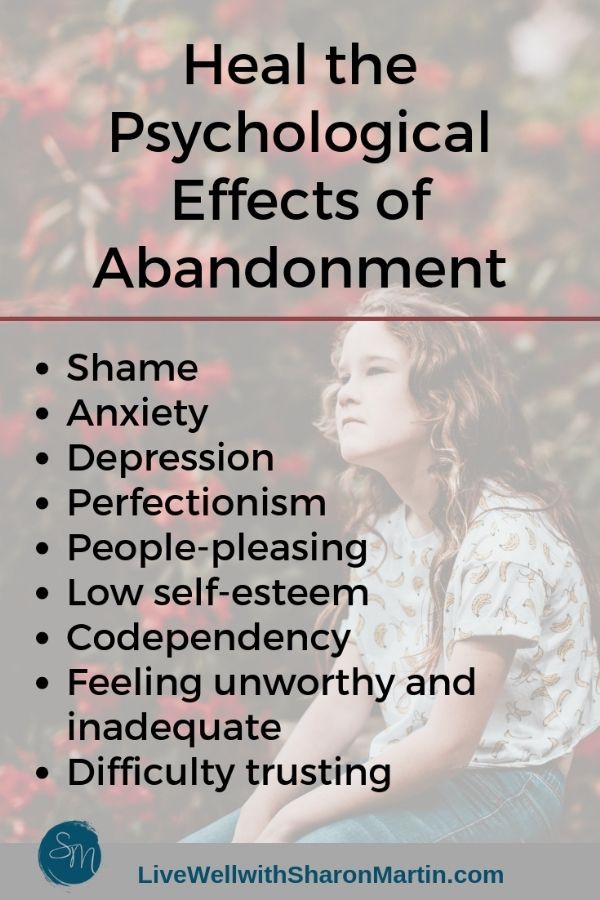 In some cases, even when the child is still in the womb: for example, when the mother is thinking about an abortion. The earlier this injury is formed, the more difficult it is to heal. Some people have an internal predisposition to this injury - depending on temperament, genetics and the passage of the intrauterine period. The presence or absence of this predisposition can be found out by going through " rejection questionnaire .”
In some cases, even when the child is still in the womb: for example, when the mother is thinking about an abortion. The earlier this injury is formed, the more difficult it is to heal. Some people have an internal predisposition to this injury - depending on temperament, genetics and the passage of the intrauterine period. The presence or absence of this predisposition can be found out by going through " rejection questionnaire .”
Signs of the trauma of rejection - distrust of the world, fear of intimacy, dissatisfaction with oneself, denial of one's needs and self-worth, feelings of inferiority, erased personal boundaries, inability to defend one's opinion, feelings of shame, intrapersonal conflicts and fear of separation from parents.
The task of parents is to satisfy their child's need for security, affection and closeness. After all, the attitude of the child to the world will depend on this. Anna's father left. Her mother was emotionally unstable, anxious and unpredictable. Anna did not know what to expect from her mother, and therefore from the world, because the world of a child is his parents. In the family, the child develops certain beliefs. From childhood, Anna was convinced that she was negligent, that she could only survive by merging with her mother, that the world could not be trusted.
Anna did not know what to expect from her mother, and therefore from the world, because the world of a child is his parents. In the family, the child develops certain beliefs. From childhood, Anna was convinced that she was negligent, that she could only survive by merging with her mother, that the world could not be trusted.
The trauma of rejection is usually turned on only for a significant person who is afraid to lose. “If I am in a close relationship, a person will recognize the real me and he will not like me. Therefore, I will avoid close relationships or I will choose men who do not need a serious relationship. Our psyche always strives for stability, for it such a scheme is simpler. A psychologist will help you change it in a safe environment, like a healthy adult who can open up without fear of being abandoned.
A traumatized child rejects a part of himself that his parents do not recognize. To restore integrity, it is necessary to emotionally separate from the parent, which Anna did.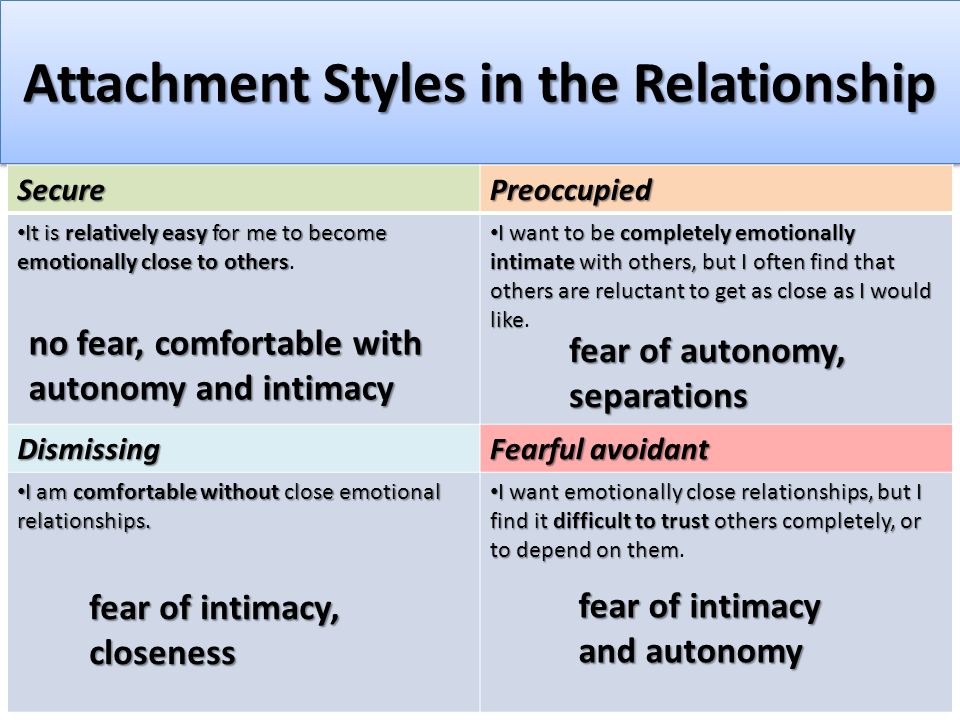 Some people think that separating means telling your parents how bad they were and running away from them. But we are talking about emotional separation, when you need to figure out where your feelings are and where others are, and to distinguish between them. Here I advise you to read the books of psychologists Lindsey Gibson “Adult children of emotionally immature parents” and Jeffrey Young “Get out of the vicious circle! How to leave problems in the past and let happiness into your life.
Some people think that separating means telling your parents how bad they were and running away from them. But we are talking about emotional separation, when you need to figure out where your feelings are and where others are, and to distinguish between them. Here I advise you to read the books of psychologists Lindsey Gibson “Adult children of emotionally immature parents” and Jeffrey Young “Get out of the vicious circle! How to leave problems in the past and let happiness into your life.
Anna understood and accepted that her mother cannot be changed. Many in the process of therapy begin to transfer their feelings to their parents: “Why did you treat me like that?” But what matters here is not "why", but "how I myself will relate to the behavior of my parents." Usually, the separation process is accompanied by anger and guilt, which also need to be worked through and released. Anna, to her credit, did a great job of separation and self-acceptance and allowed herself to be imperfect.
365 feelings: Rejection | theazbel.com
Imagine a picture. Somewhere 50 thousand years ago. Your tribe is lying in wait to quietly fill up the mammoth. Suddenly, you start yelling and dancing loudly. The tribesmen carefully pull you back into the ambush before the mammoth notices. And at home they begin to ignore, to show that you endangered everyone and almost deprived them of dinner and new sheepskin coats. This is how the very feeling of rejection arises in order to realize and correct behavior in time, to remain in the tribe and continue to pass on genes.
That is, the feeling of rejection in ancient times made survival more likely, because it allowed our ancestors to behave as they were expected to.
When scientists put people on MRI machines and asked them to remember a recent rejection, they found that when we experience rejection, the same areas in the brain are activated as when we experience physical pain. That is, this feeling literally causes pain.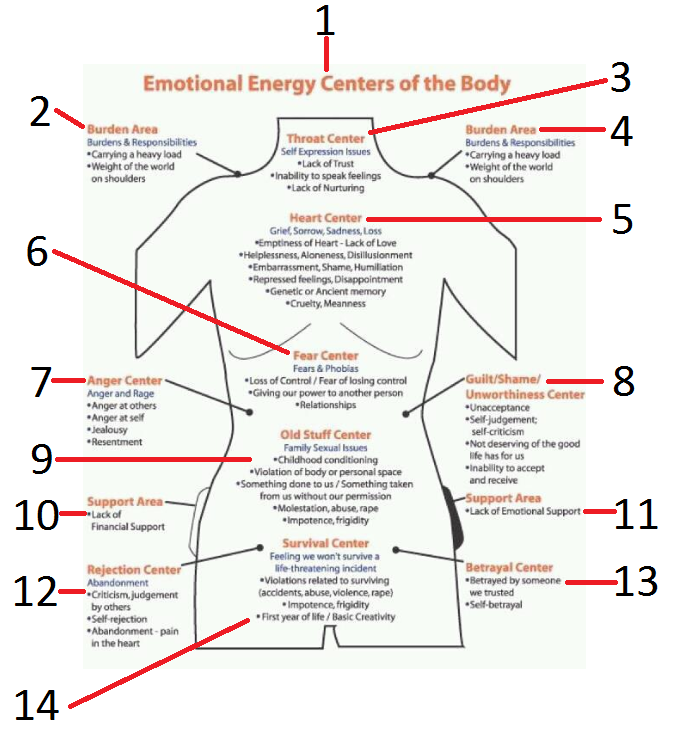
Even the developers of social networks have made it possible not to unsubscribe, but simply to hide other people's posts so that some do not feel rejected, and others do not feel guilty about being rejected. And these are just posts and photos.
We face rejection almost every day. It's easy to feel rejected when someone says no, doesn't accept a gift, criticizes an opinion, doesn't appreciate new shoes. You may experience rejection from your family, colleagues, employer, friend, or partner.
Regardless of whether the event was significant or not, one thing remains the same - this feeling always hurts. And often this pain is much more than we expect.
When we experience rejection, we don't just try to lick our wounds, we become extremely self-critical, berating ourselves for doing something wrong. It seems to multiply our shortcomings many times over and makes us feel disgusted with ourselves.
That is, just when self-esteem suffers greatly, we do our best to damage it even more. It's emotionally unhealthy and psychologically self-destructive, but many of us have done it and continue to do it.
It's emotionally unhealthy and psychologically self-destructive, but many of us have done it and continue to do it.
FEAR OF REJECTION
Fear of rejection is the expectation that you will not be accepted and rejected. It gives rise to anxiety, irritation, aggression and, as a result, rejection of others, which in turn leads to a feeling of deep inner loneliness.
We first experience rejection in childhood. Growing up, children who have not been systematically accepted and unconditionally loved perceive life through the prism of "I will be rejected." Someone forgot or did not have time to call, and the person is already fantasizing that they do not want to communicate with him.
Fear of rejection can make one initially avoid getting close to others. This often manifests itself through irritation and anger towards possible rejection and is expressed through sarcasm and biting remarks. The person, as it were, says “do not come closer, otherwise I will trust you, and you will still reject me.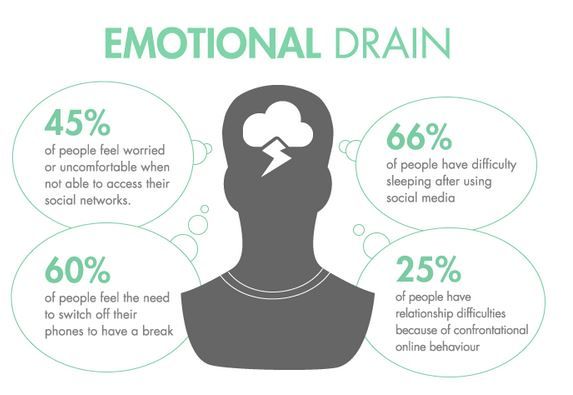 ”
”
Or, having become close to someone, a person tries with all his might to keep, control, not let him leave, make him dependent. Instead of directly stating their need for attention and love, manipulations are used - “I love you the most, so you have to give up everything for the sake of my love”, “I love you so much, and you ...”, “I I get so tired at work, I get sick all the time, and you don’t even call.”
But in the end, it's life waiting for a break. And to live in anticipation of a break is to provoke this break.
In any case, the main result of rejection is the inability to receive and give love. This is why the fear of rejection is one of the biggest barriers to love and healthy personal or business relationships.
A person who is afraid of rejection may:
- avoid activities that require significant contacts,
- deal with people only if he is sure that they will like him,
- consider himself inferior to others,
- not take risks in order to avoid condemnation ,
- manipulate and control to avoid rejection.

Without awareness and recognition of the fear of rejection, without the ability to directly declare the need for love, further work on oneself is impossible.
WHAT IT IS IMPORTANT TO UNDERSTAND IN ORDER TO LIVE REJECTION
When we are told no, the ego is often the first to react, and we allow the feeling of rejection to take over every corner of our head. This may be a reaction in the spirit of “how could you do this to me, I will prove to you ...” or “I am a nonentity, no one wants to deal with me.”
Now let's imagine that someone talks about our exclusivity 50 times a day. Will it really boost self-esteem and help you recognize the importance of self-love? Usually, no. Because healing comes when we sincerely believe in it and live it.
1. Rejection, like other emotions, should not be avoided, it should be experienced. It's important to recognize that this really hurts, that this pain is inside and needs a place. This is how the process of living begins - with pulling out hidden emotions and recognizing their existence.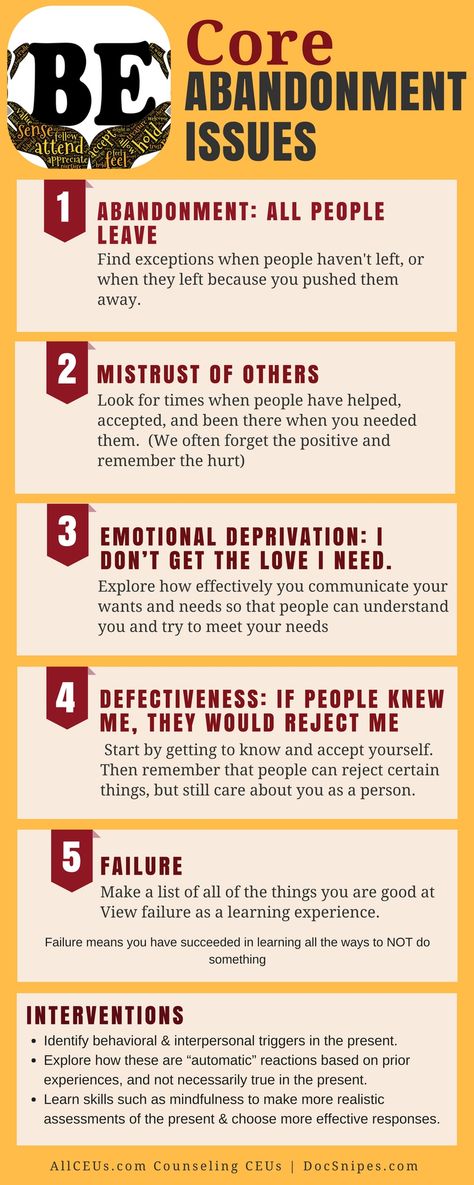
2. Absolutely everyone goes through rejection. The most successful and beautiful, smart and wise, with any income, clothing size and aesthetic perception. This experience is shared by everyone. It is painful, but with the right approach, it helps to start appreciating yourself.
3. Once we've gone through disappointment, anger, resentment, and pain, we'll open the way to new choices, thoughts, and beliefs. And this is not about the fact that the one who rejected is not worth our attention, this is about the fact that we deserve love and respect by default. It's about appreciating yourself without devaluing others and respecting their choice.
4. When we are rejected, they do not completely reject us as a person - reject something that for some reason does not coincide with their values at the moment.
5. Don't try to be better for someone. When we pretend to avoid rejection, we reject ourselves.
